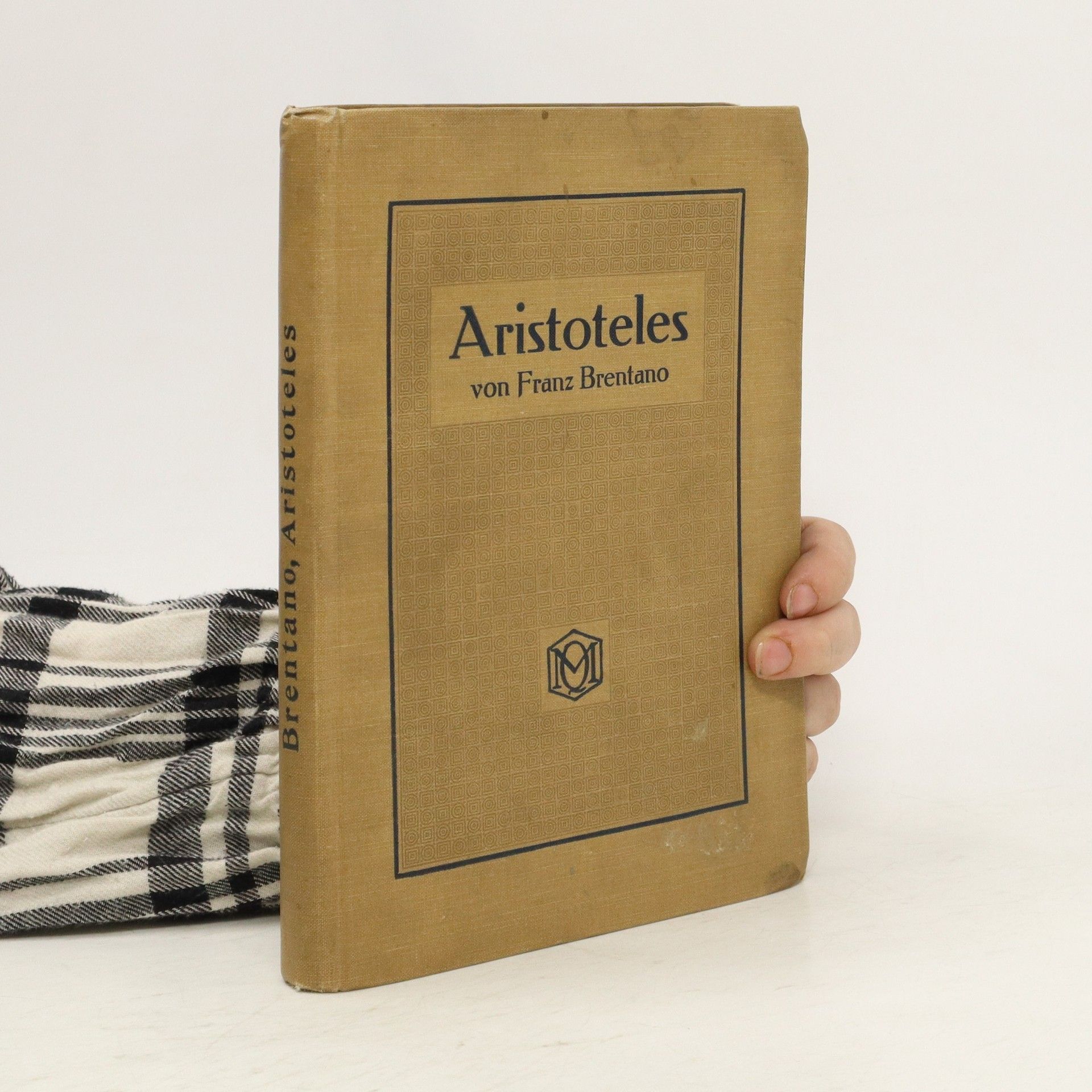Die Psychologie des Aristoteles, insbesondere seine Lehre vom Sigma Sigma
Nebst einer Beilage über das Wirken des Aristotelischen Gottes
- 283 pages
- 10 hours of reading
Brentanos Habilitationsschrift von 1867 zur Psychologie des Aristoteles hat die Forschung maßgeblich beeinflusst, insbesondere durch ihre Kritik am hegelianischen Ansatz. Er stellt die thomistische Interpretation neu dar und argumentiert, dass der aktive Intellekt von Gott geschaffen wird, was die Unsterblichkeit der intellektiven Seele und das persönliche Weiterleben nach dem Tod sichert. Obwohl seine Ansichten weitgehend abgelehnt wurden, gewinnen sie heute im Kontext des Leib-Seele-Problems wieder an Bedeutung. Zudem beleuchtet das Werk, wie Brentano Aristoteles' Psychologie weiterentwickelte, was zentrale Aspekte seiner eigenen Psychologietheorie prägte.




